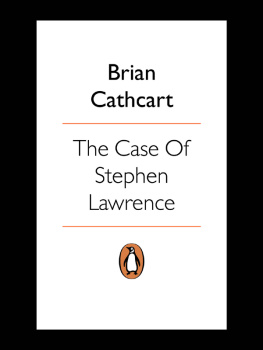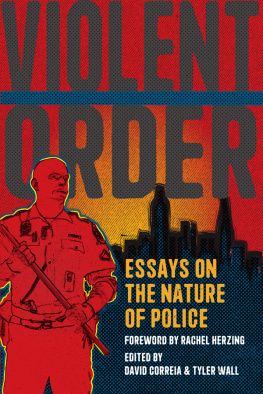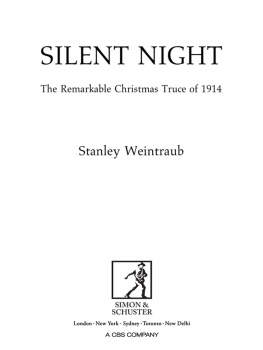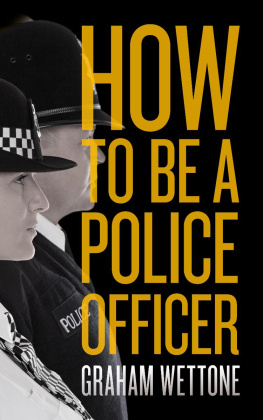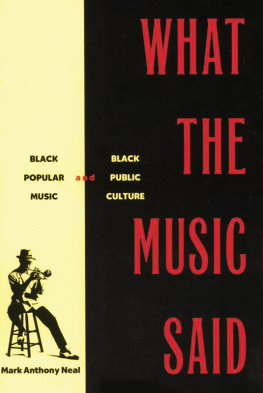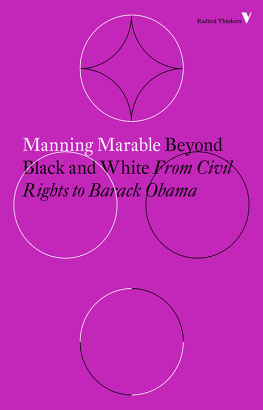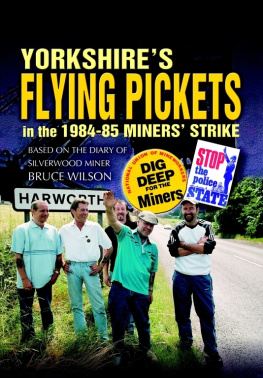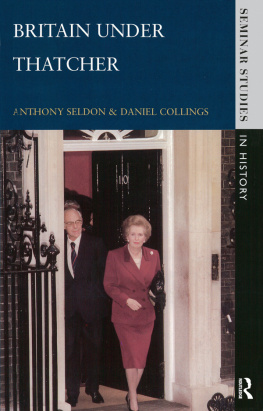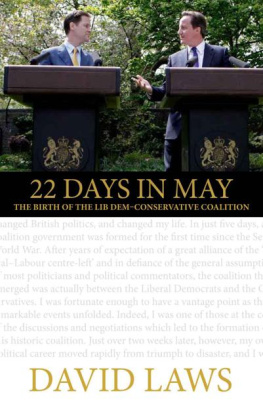Barrie KeeffeSusMethuen Drama Published by Methuen Drama 2010 1 3 5 7 9 10 8 6 4 2 Methuen Drama
A & C Black Publishers Limited
36 Soho Square
London WID 3QY
www.methuendrama.com First published in 1979 by Eyre Methuen Ltd Copyright Barrie Keeffe 1979
Preface copyright Barrie Keeffe 2010 Barrie Keefe has asserted his rights under the
Copyright, Designs and Patents Act, 1988,
to be identified as the author of this work eISBN: 978-1-40813-281-4 A CIP catalogue record for this book is available from
the British Library Typeset by MPS Limited, a Macmillan Company
Printed and bound in Great Britain by
CPI Cox & Wyman, Reading, Berkshire
Caution All rights whatsoever in this play are strictly reserved and application for
performance etc. should be made before rehearsals begin to The Agency
(London) Ltd, 24 Pottery Lane, London W11 4LZ. No performance may be
given unless a licence has been obtained. No rights in incidental music or songs contained in the work are hereby granted
and performance rights for any performance/presentation whatsoever must be
obtained from the respective copyright owners. No part of this publication may be reproduced in any form or by any means
graphic, electronic or mechanical, including information storage and retrieval
systems - without the written permission of A & C Black Publishers Limited. This book is produced using paper that is made from wood grown in managed,
sustainable forests.
It is natural, renewable and recyclable. The logging
and manufacturing processes conform to the environmental regulations
of the country of origin. Table of ContentsSusFor Harvey UnnaList of charactersKarn
Wilby
DelroyMusic: Before the play: Bob Dylans Hurricane from the album Desire Before Acts Two and Three: Bob Dylans Baby Stop Crying from the album Street Legal After the play: Bob Marleys No Woman No Cry from the album Live Lyrics quoted in Act Two No Woman No Cry by Bob Marley copyright Rondor Music Ltd Theres a quote of mine that has come to haunt me because it so frequently and often inappropriately turns up. I once said to a journalist (and I clearly recall saying it): I write plays for people who wouldnt be seen dead in a theatre. My agent at the time, the now late Harvey Unna, shook his head in wry disbelief when he saw it in the newspaper and said, Frankly Barrie, with those thirteen ill-chosen words you have done untold damage to your career what theatre will ever want your plays now? I knew exactly what he meant but there had been a very apt reason for saying what I said. It was because of this play Sus.
I wrote the play shortly after Margaret Thatcher was swept to power in May 1979 and told the world from the steps of 10 Downing Street: Where there is discord may we bring harmony. Where there is despair may we bring hope. Living in South East London at the time where the British Fascists were causing fear and havoc I felt very little hope and wrote the play quickly. The story of the miscarriage and death of an Anglo-Caribbean woman and the polices immediate suspicion and grievous mistreatment of her husband was a true story I had covered in the mid-sixties while working as a reporter on a local weekly newspaper in East London. However, it wasnt until Mrs Thatcher took up the reins that I found the necessary backdrop for the play by setting it on election night and the new dawn, as Karn chillingly calls it. When the soft gloves of restraint came off.
I originally used the medical term A Rare Complication as the title for the play but Verity Bargate, who ran the Soho Poly where it, like seven other of my plays, was originally staged immediately changed the title to Sus, arguing, irrefutably, that one word titles were cheaper to advertise in The Guardian theatre listings. It proved an excellent choice, as was her decision to switch the schedules and rush forward the opening to within six weeks of Mrs Thatcher becoming Prime Minister. Ann Mitchells production struck an immediate nerve and the tiny theatre with just thirty-five seats started playing three shows a day with often an audience of more than a hundred standing. The production moved onto the Royal Court Theatre and, after a series of one-night stands in libraries and social clubs for the Stop Sus campaign, was summoned by Philip Hedley to the Theatre Royal, Stratford East, when he became Artistic Director that autumn. It was greeted with great excitement from predominantly black houses and Paul Barber frequently had to remind the angry audiences in the bar afterwards that Stuart Barren, playing Karn, was an actor and not a racist cop for Stuarts safety. This scenario was repeated when John McGarths 7:84 Company toured Britain for several months later that year.
None of this matched the extraordinary nights ten years later when Sus was staged at the Greenwich Theatre shortly after the racist murder of teenager Stephen Lawrence in nearby Eltham. On stage for three nights after the show Stephens parents and the local police debated the killing and the subsequent investigation with extreme noise and agitation from passionate audiences who stressed to me just how vital theatres value can be in our present society. Now back to the I write plays for people who wouldnt be seen dead in a theatre quip. I very clearly remember saying this during a Rock Against Racism concert in a field outside Oxford on August Bank Holiday Monday 1979. Many thousands had gathered and we, who had been asked to perform our play, doubted many would stay to see the play that night before the headliners Misty. The three actors needed individual hand-held microphones rather like the Supremes or the Four Tops to reach out to the vast audience that did stay with the play which began as the sun went down.
As twilight settled we apprehensively realised that the entire gathering had been surrounded by a huge ring of uniformed police on the outer perimeter of the field, presumably anticipating trouble that never came. The ovation at the end of the play lasted a long time and the bands back-stage had stayed to watch and led the applause. I was incredibly surprised and moved by the entire experience and so was off-guard when the journalist reminded me hed once interviewed me about another play at the Soho Poly that had gotten lousy audiences. Surprisingly good crowd for your play here in Oxford today, he said with a kind of smirk. How many thousands do they reckon? Thats when I made the mistake of joking about plays for people who wouldnt be seen dead in a theatre. I hadnt anticipated that Sus would prove equally popular in theatres around the world it has played New York twice, Los Angeles and several other US cities as well as Europe and Australia.
It has also been seen in Pakistan and India both in the version in this text but also in adaptations taking in similar local situations. Im surprised and rather saddened that a play I wrote thirty-one years ago and thought then was, as one critic described it, a piece of instant political theatre implying it had no longevity actually still does have a painful resonance and not just to theatre audiences. As I write this a film version is playing the festival circuit before national and international cinema release. (www.susthemovie.om) Maybe I should change the title: instead of Sus (Suspect Under Suspicion) call it Sas (Stop and Search). Of course, paying due respect to Section 44 of the Terrorism Act of 2000...
Barrie Keeffe London, April 2010 Stark interview room; a table and two upright chairs.EnterKarnwith a paper cup of coffee.


